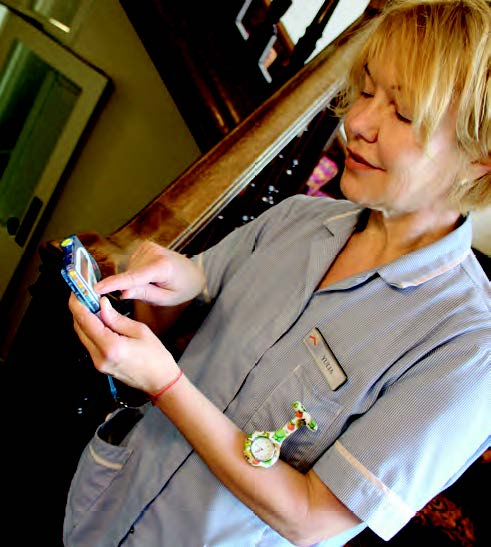
This article looks at how the very-latest nurse call and communications systems are helping to improve care home operations
Two of biggest challenges currently facing care home operators are a lack of funding and increased demand from regulators to continuously improve performance.
The answer to addressing both lies in innovative technology.
Nurse call systems in particular, provide a comprehensive solution. They protect residents’ health and wellbeing and offer an insight into staff activity and performance.
Care home communication solutions have evolved from traditional bell-and-buzzer technology to offering a host of additional features.
A preventative and proactive approach
Chris Donnelly, national sales manager at nurse call solutions manufacturer, Aid Call, explains: “Many forward-thinking managers and owners of today's care homes are eager to use the systems to monitor residents’ activity so they can predict the likelihood of a critical issue and prevent it from happening.”
This is done by means of a host of added-value features such as bed and chair sensors, fall detection, environmental sensors, and automated rooms, which provide periodic contact with the resident to confirm their safety and wellbeing.
Additional benefits
Care can be further enhanced through the use of portable wearable devices so residents are no longer subject to constant supervision.
Dave Hewitt of supplier, Courtney-Thorne, said: “Since cost is a major concern, deploying wireless solutions has become a simple and very-popular choice for care homes. It offers ease of installation without any disruption to residents or changes in layout and can be integrated with a range of devices and systems to offer additional benefits”.
Donnelly adds, “If technology does not rely on cables or stationary wiring points, it allows for complete flexibility and mobility”.
Courtney-Thorne's Altra Care SMART wireless nurse call system, for instance, can connect to pressure mats, thus reducing the risk of trips and falls.
Quality of care
Reporting software
This is vital too, helping to monitor response times and create a rich data pool that can be used to further improve services.
Medicare System’s E-LOGGING service provides secure access to nurse call data through an iCloud platform.
It enables care homes to record all events and produce tailored evidential activity reports so that key performance indicators can be monitored, such as staff response. Or it can provide data if incidents need to be investigated.
A bespoke approach
Donnelly says, “Care home systems are evolving from a one-size-fits-all solution to a more-tailored approach.
“The rigid and structured systems of the past are no longer feasible for providing quality of care and are thus evolving into a combination of connected devices that offer a more packaged solution.”
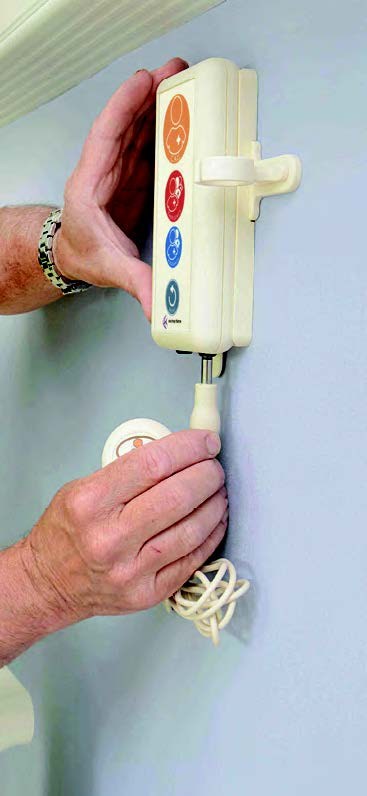
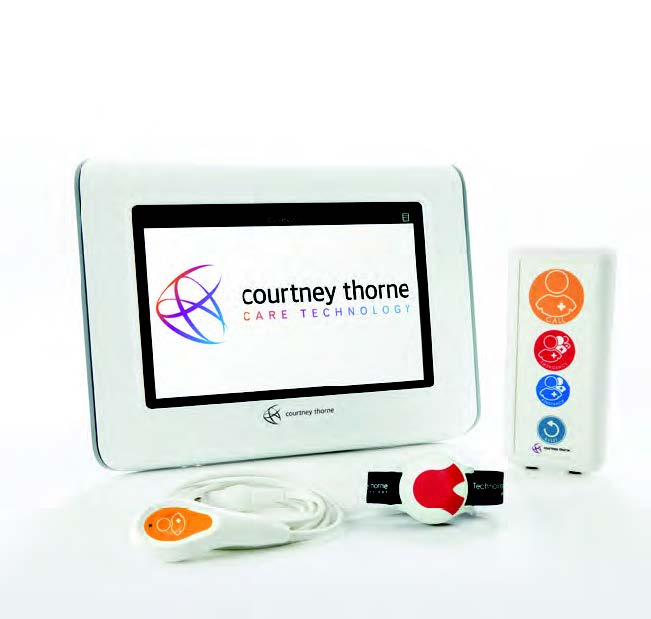
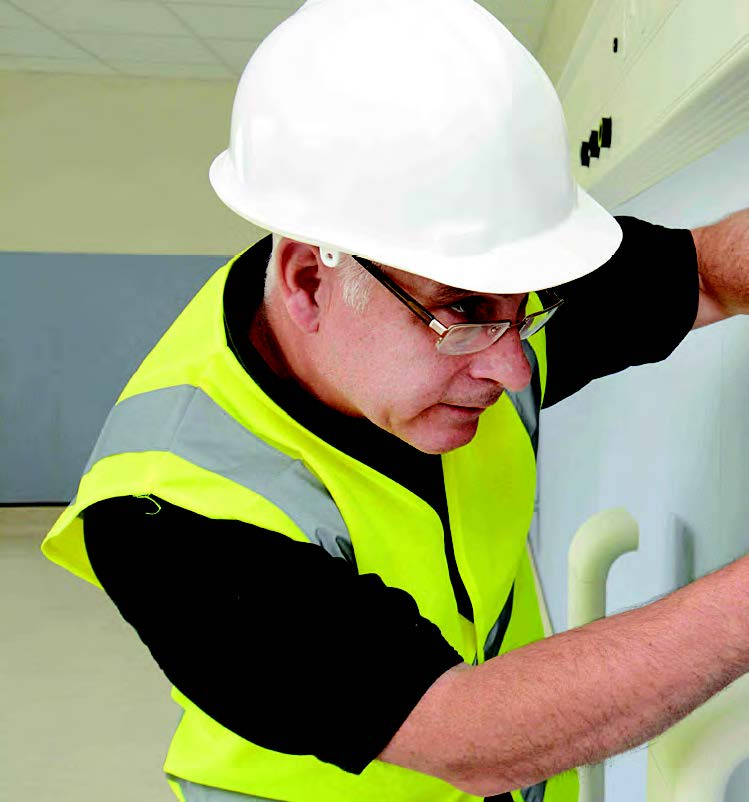
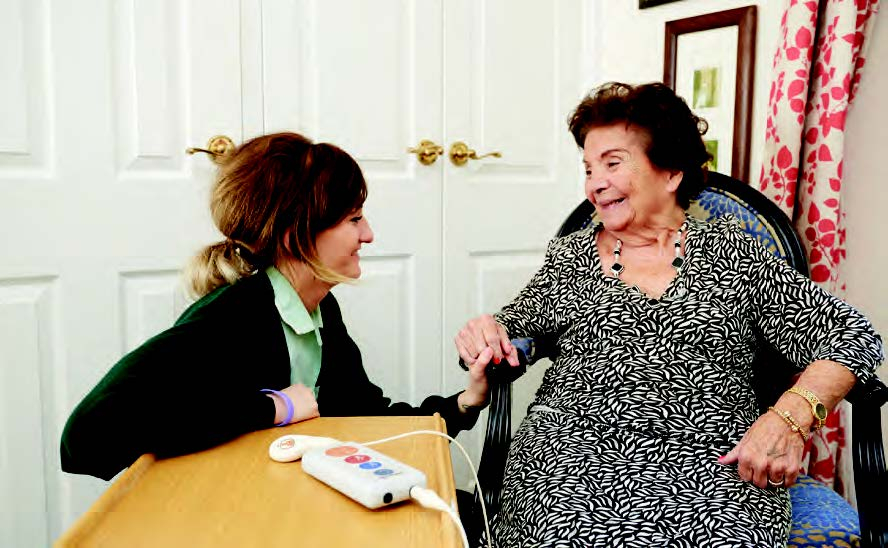
“Combining different elements of technology to focus on one individual’s needs, rather than the needs of a care home as a whole, offers the operator greater flexibility to manage its staff and residents.”
Smart technology
Hewitt added: “We envision care homes of the future will be full of SMART technology.
“Nurse call devices located around a care home will become sensory components. They will use changes in levels of audio, light, the temperature, along with traditional physical inputs, a variation in the environment, or sudden deterioration in the resident’s wellbeing to raise an alert.
“And, if the resident is provided with a SMART wearable device, monitoring of their movement and location, as well as recording of their heart rate, sleep, falls, blood pressure and oxygen levels can happen automatically and at any time.”
Del Gray, Medicare Systems’ technical director, said: “Both society and the care sector have changed enormously, particularly within recent years following increasing pressures facing care homes.
“Through all these changes the nurse call system has continued to develop and adapt. The growing demand for information at the point of care has prompted the introduction of a host of new products and technologies designed to aid those at the frontline and this will continue.”